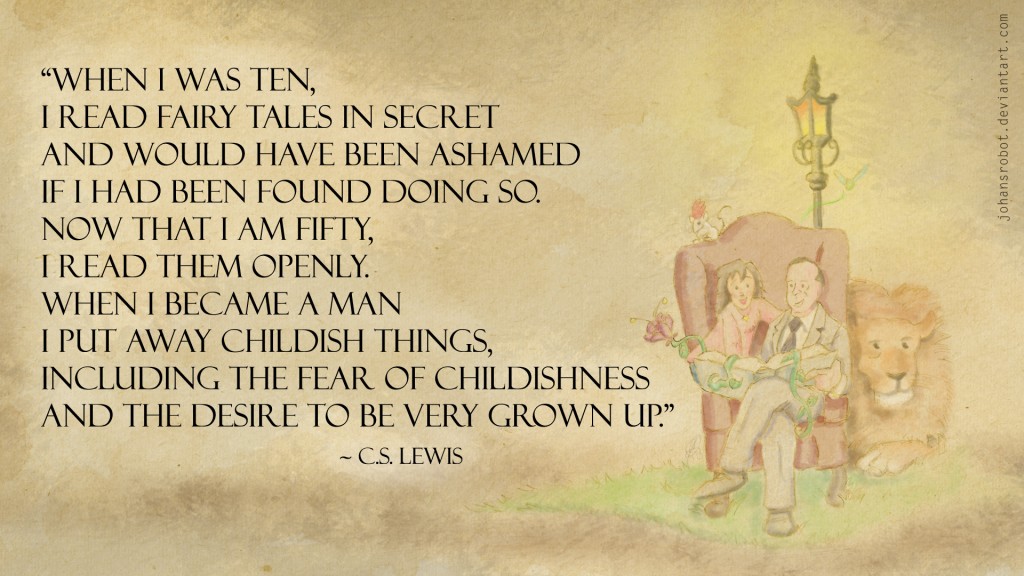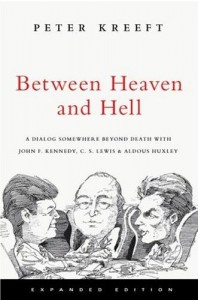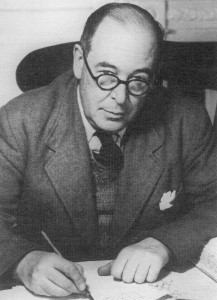“I’m sorry. I don’t remember any of it,” said the dastardly dictator M. Bison.
“You don’t remember?!” blurted the heroic Chun-Li, having just told him the story of how he killed her father.
“For you, the day Bison graced your village was the most important day of your life. But for me…it was Tuesday.”
As a friend once said, that is the perfect troll response.
In case you didn’t know, the 1994 Jean-Claude Van Damme Street Fighter is one of my favorite bad movies. Ming-Na Wen is well-cast as Chun-Li; it’s funny intentionally and unintentionally; and while his accent is way too thick, Van Damme at least fights well as Guile.
But the biggest reason I love this flick is Raul Julia’s M. Bison. It takes an exceptional actor to make a speech about the “Pax Bisonica” and do it with such conviction. He actually researched real dictators like Mussolini to give what could’ve been a one-dimensional, cartoonish Bond villain a bit more depth and sophistication. He also had the charisma to chew the scenery and make it entertaining. (It’s sad that he died shortly after the movie was released).
Have you ever noticed that audiences tend to love over-the-top villains more than over-the-top heroes? Emperor Palpatine from the Star Wars films. Jack Nicholson’s Joker in Batman. Dr. Doom in Roger Corman’s unreleased Fantastic Four movie. Heck, even my own Marcus the Morally-Dubious from Ninjas and Talking Trees. But if you try to google “over-the-top heroes,” you’ll be hard-pressed to find examples (though they do exist).
Why is this?
I believe it goes back to something that has been said by several famous Christian thinkers:
“The devil…that proud spirit…cannot endure to be mocked.”
-St. Thomas More“The best way to drive out the devil, if he will not yield to texts of Scripture, is to jeer and flout him, for he cannot bear scorn.”
-Martin Luther“Above all else, the devil cannot stand to be mocked.”
-C.S. Lewis
The last one is my favorite because it comes from The Screwtape Letters, an epistolary novel written by Lewis. It’s a satire where an elder demon, the titular Screwtape, writes letters to his nephew Wormwood on how to secure the damnation of the human he’s been assigned. It is laugh-out-loud funny at points. (My favorite part is where Screwtape gets so angry, he stops writing and his letter is completed by another demon, who says that Screwtape transformed into a giant insect in his rage).

While M. Bison and these other over-the-top villains are hardly the Prince of Darkness, they’re certainly caricatures of evil. Some aren’t necessarily meant to be taken seriously, but it’s clear that their actions are evil. These exaggerations make their evil more palpable, and when used as satire, they make the audience ponder the nature and meaning of evil. Lewis does this with Screwtape.
However, these characters are still absurd parodies. The audience can laugh at their grandiose plans, flamboyant gestures, and ridiculous fashion senses. This is because we can’t laugh at real-life evil. Paradoxically, as Screwtape illustrates, by laughing at the Devil, humanity robs him of some of his power. This, in turn, can be extended to these villains. Since, as Christian theology says, the Devil is the source of all evil, these villains are his “children,” his “little devils.” By laughing at them, the audience is laughing at the Devil. It’s yet another thing that illustrates my personal belief that deep within every human soul they remember Eden and the tragedy of losing it. God said in Genesis 3:15a, “…I will put enmity between you and the woman [Eve], and between your offspring and hers.” Buried though it may be under a sinful nature, this enmity toward the Devil is inside all of humanity. The love of caricatured villains is a manifestation of this, and since I believe one can’t believe in the existence of the Devil without believing in the existence of God, I could almost make the argument that the ironic love of Raul Julia’s M. Bison disproves atheism.

Who are your favorite over-the-top villains? How do they serve the same function as The Screwtape Letters? Or, how do you disagree with my notion?





